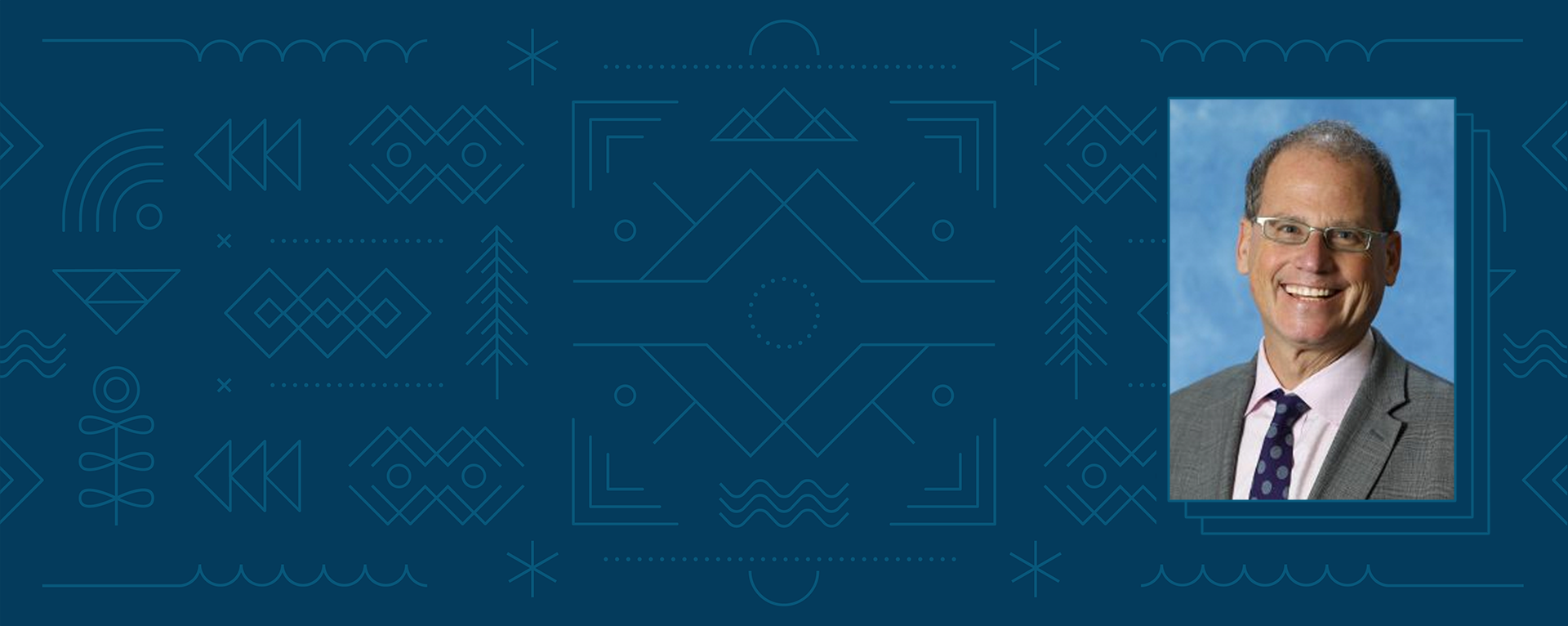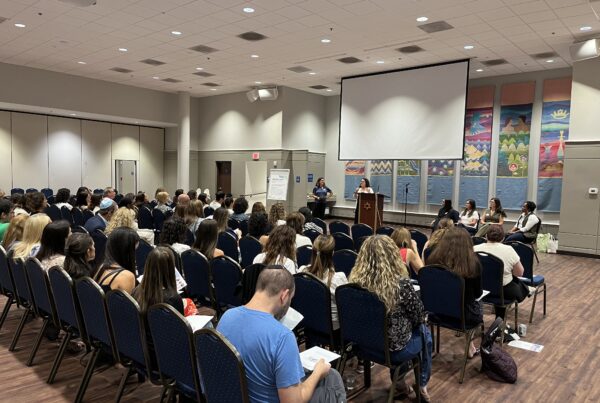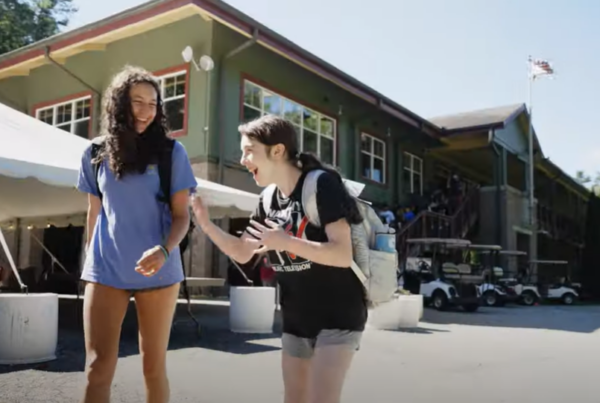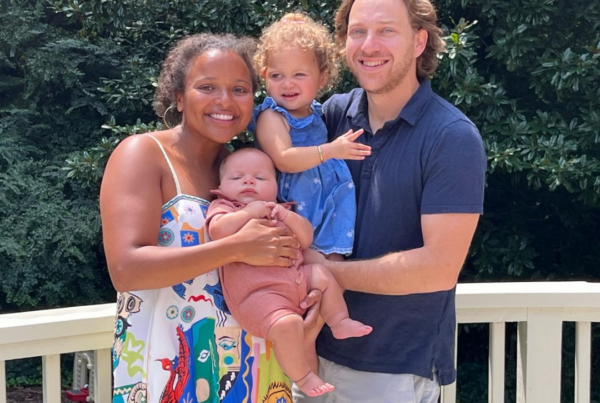
I spent a few days in Pittsburgh last week. This was not a visit to see family or friends. I was a participant on the 23rd annual Atlanta Leadership, Involvement, Networking, Knowledge (LINK) trip which hand selects 110 Atlanta leaders to travel together and learn about change from other cities. This year, LINK visited my home town of Pittsburgh with an agenda to explore places where Pittsburgh has done transformational and important work:
- Driving Innovation: The City/University Partnership
- P4 Equity Measures: The Hazelwood Green Site
- The Hill District: Preserving Cultural Legacy and Fighting for the Soul of a Community
- Pittsburgh Cultural Trust and Cultural District
- Building Welcoming Communities Through Interfaith Relationships
How surreal, 35 years later, to return to the city I so eagerly left as a young adult, to live in Atlanta and be part of building a city that was rising like a Phoenix in the south. The Pittsburgh I left was a city in decline where opportunity was rare, and where I never felt I could be part of shaping its future. The Atlanta I came to was growing, optimistic, risk-taking and had a Jewish community that I immediately felt a part of.
Here I was, back in this city which has become the envy of many cities around the world. A city that has transformed its economy from steel manufacturing to education and medicine, a city that has a vibrant arts community, that is a tremendous sports town, and that is embracing sustainability and a vibrant food culture. I also came back to a city that still has vital neighborhoods intertwined by great parks, and yes, an incredible Jewish community that in spite of experiencing the worst anti-Semitic attack in U.S. history is only getting stronger and more connected.
Along with Bill Bolling, one of my long-time mentors and the former CEO of the Atlanta Community Food Bank, I was asked to lead a session on making Atlanta a more welcoming community through relationships. Our panel was able to engage with leaders in the Jewish, Christian and Islamic communities who were all involved in Pittsburgh’s response to the tragedy at Congregation Tree of Life.
What they told us was that the relationships they had built before the tragedy was what allowed them to respond with such love and impact. All of us on the trip agreed that one of Atlanta’s great strengths is its network of faith groups. But we all agreed that the network could and should be stronger. From my vantage point, as a leader in the Jewish community, it was a reminder that not only do we have work to do across faiths, we also have a lot of work to do inside our own community.
We started some of that work over a year ago when many of our Jewish community leaders traveled to Israel together to build relationships and experience Israeli innovation. It was a tremendous start. And even though Jewish Atlanta is spread out and doesn’t have the close, cohesive neighborhoods of a Pittsburgh, we have a growing population and an enviable infrastructure of synagogues, schools and organizations. Our assets are incredible.
Now we need to summon the will to reach across our ecosystem to demonstrate what welcoming looks like. We need to show up in force in the Atlanta interfaith community as participants and stakeholders. As Jews, we can be community models of social justice, generosity and resilience.
It took a trip back to my Pittsburgh neighborhood, 35 years later, to reconnect with the urgency of becoming more welcoming to our own people, while making Atlanta more welcoming to all. I will need help from all of you, and I know that together we can make it happen.






